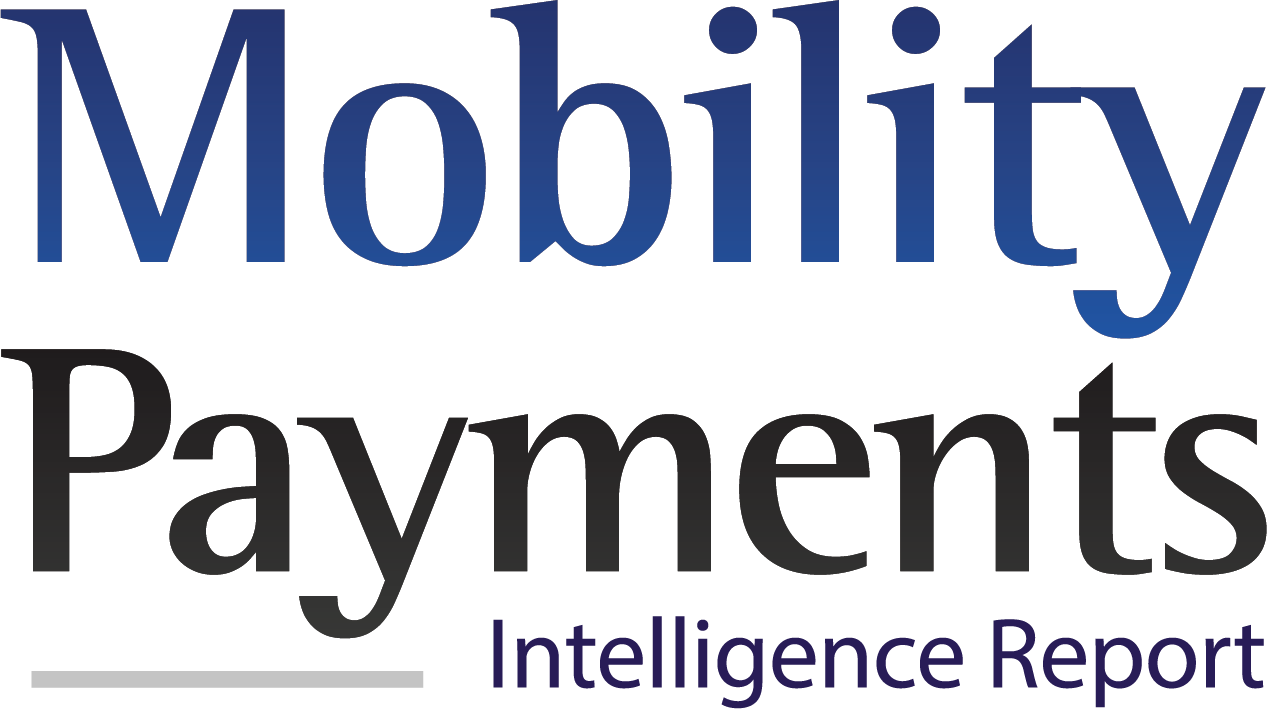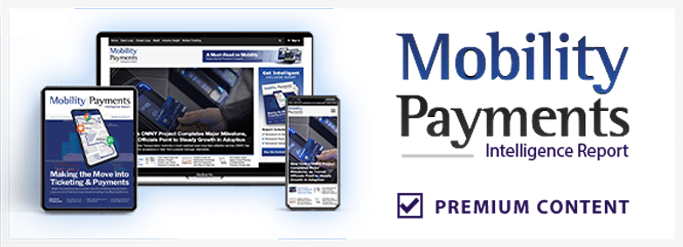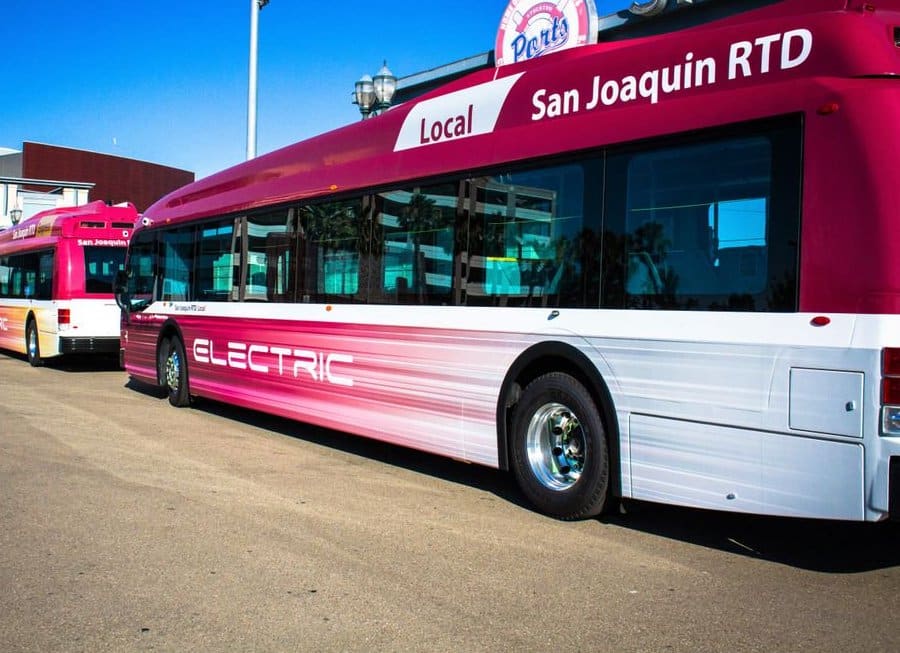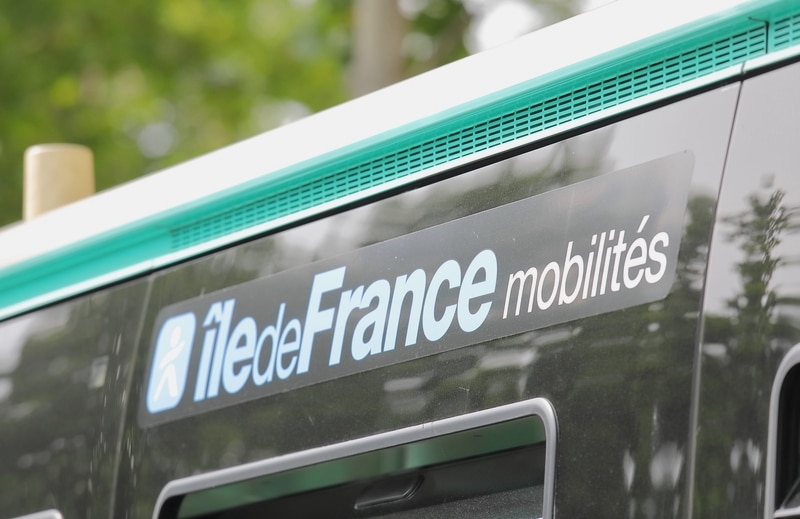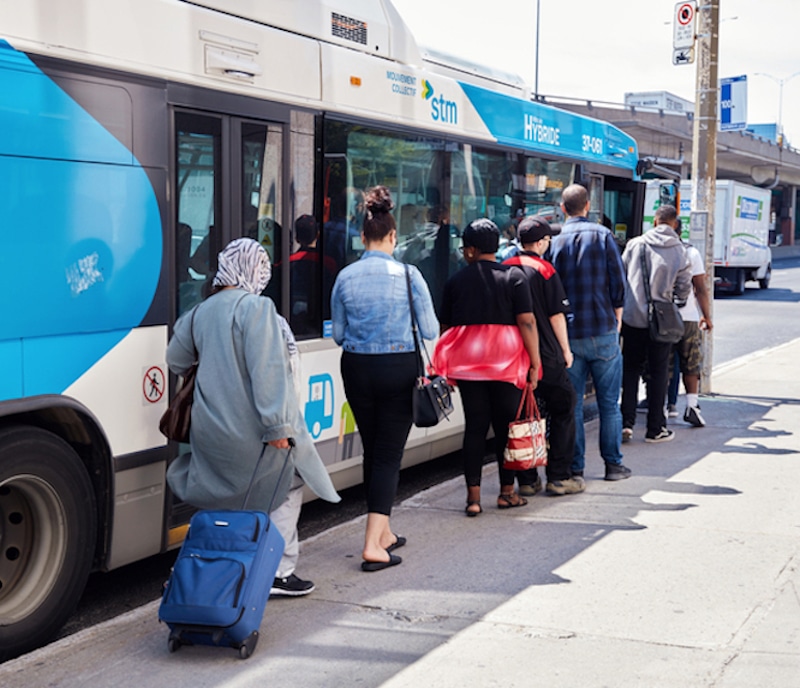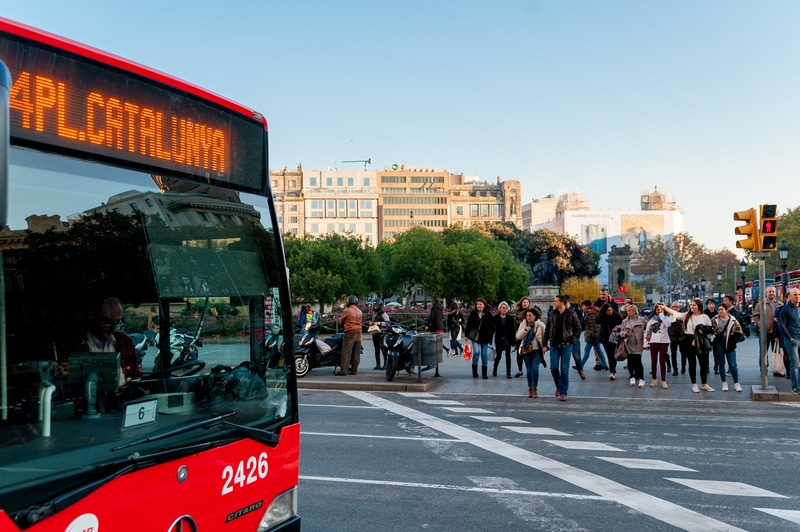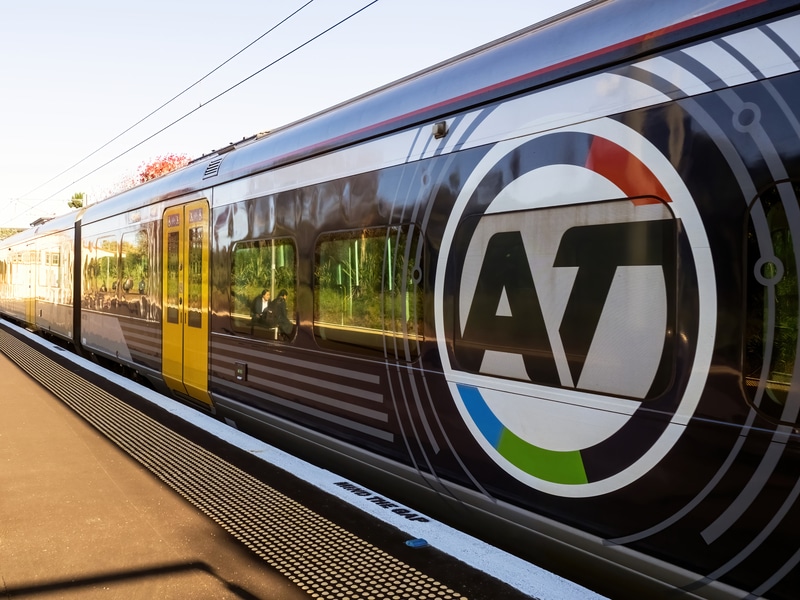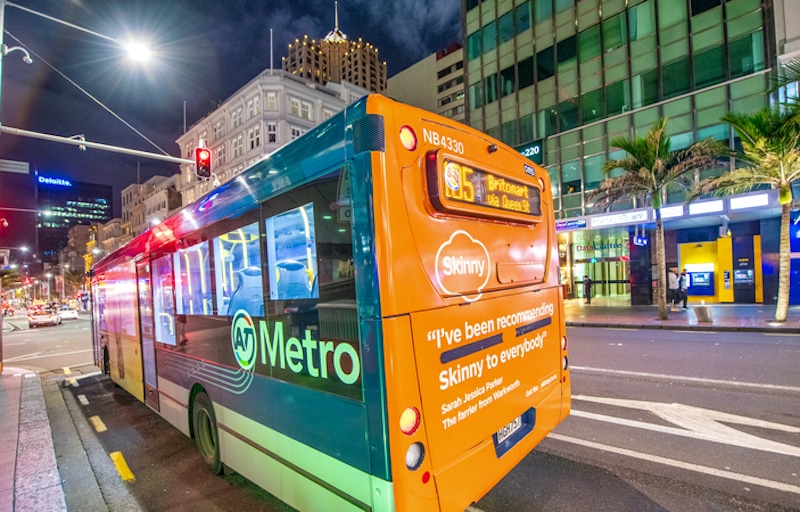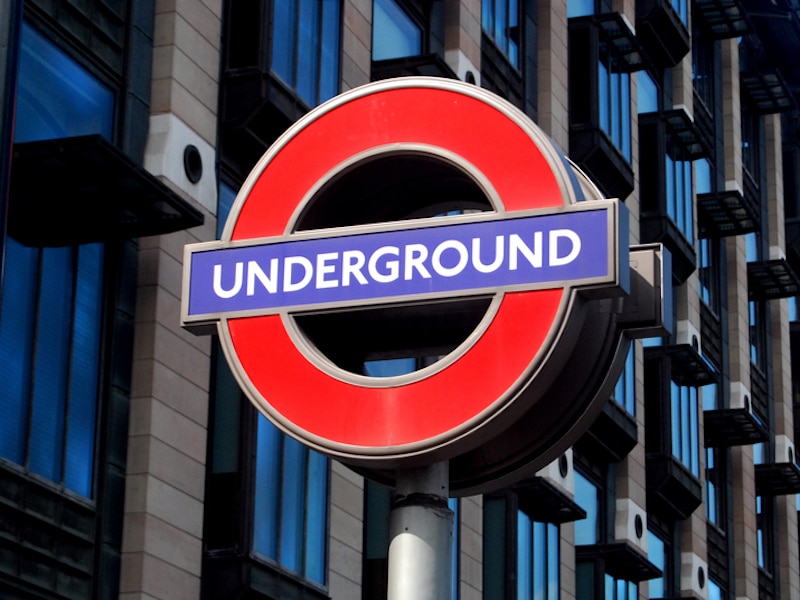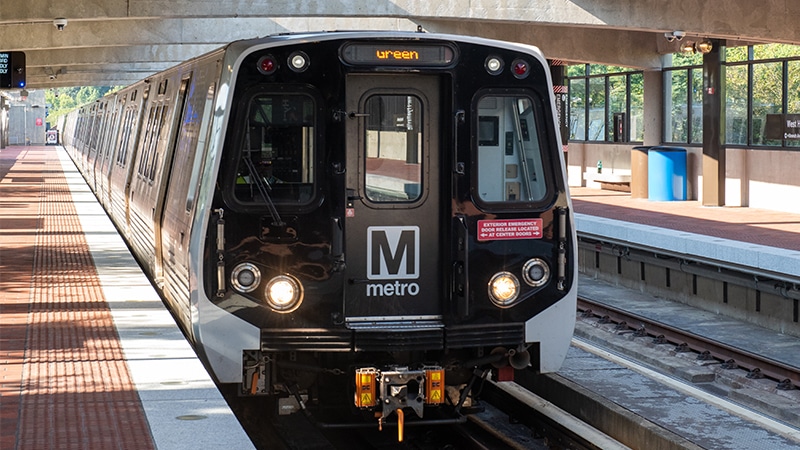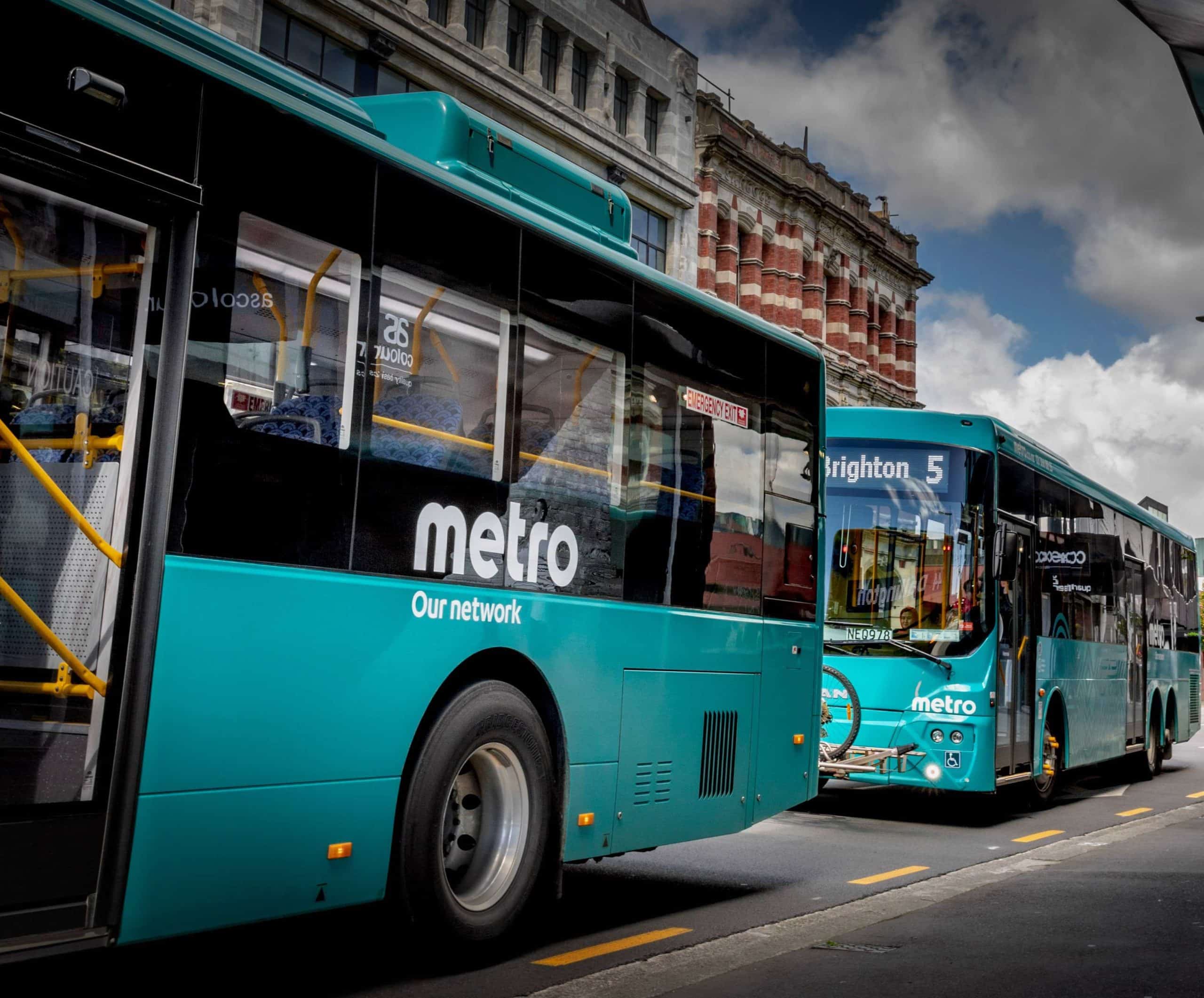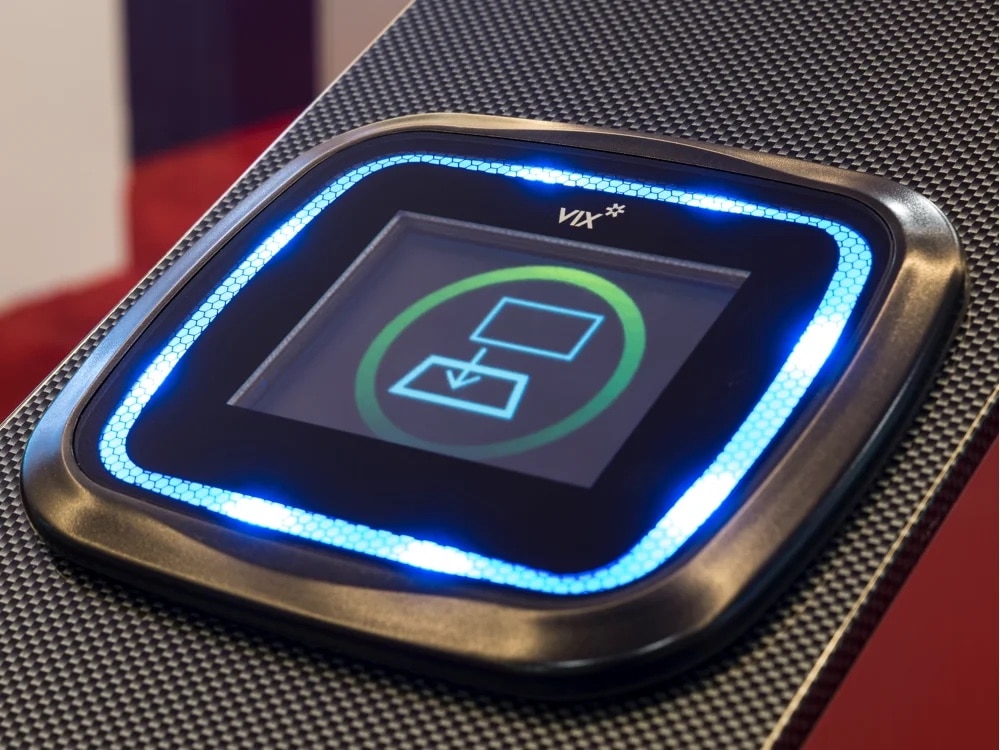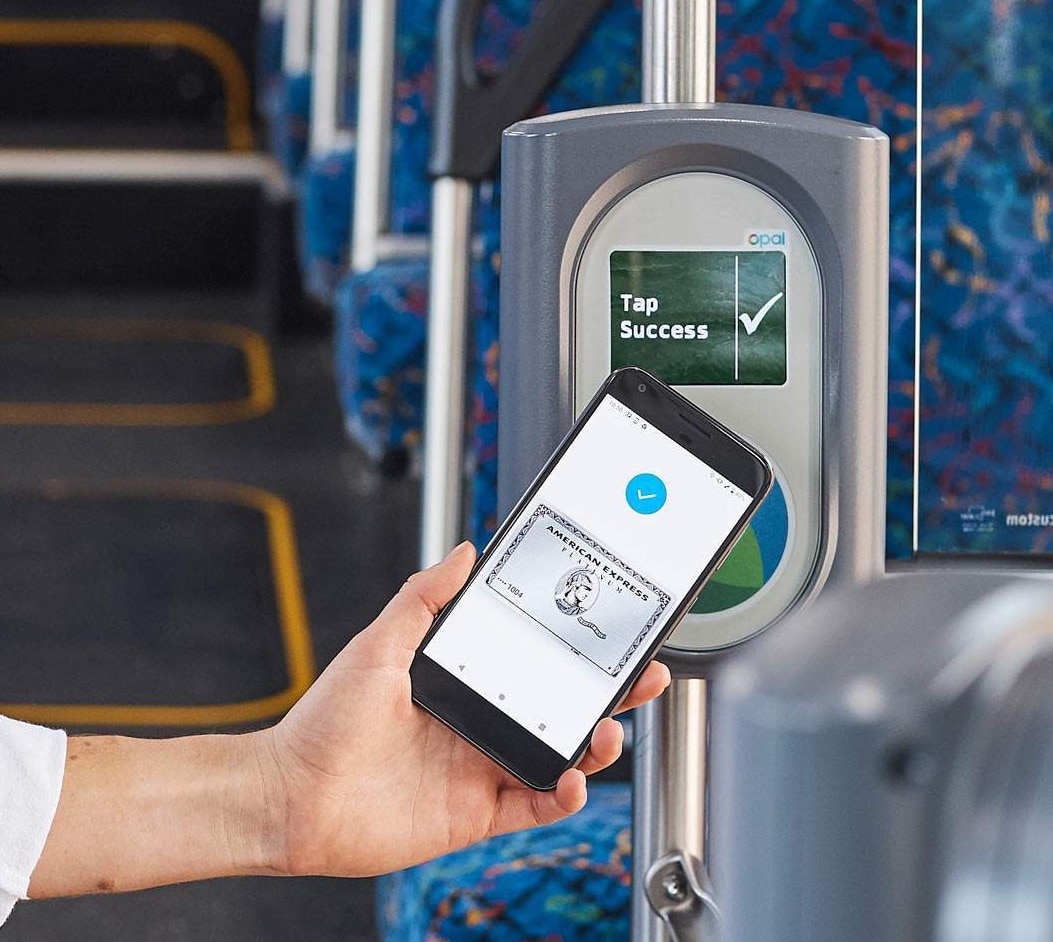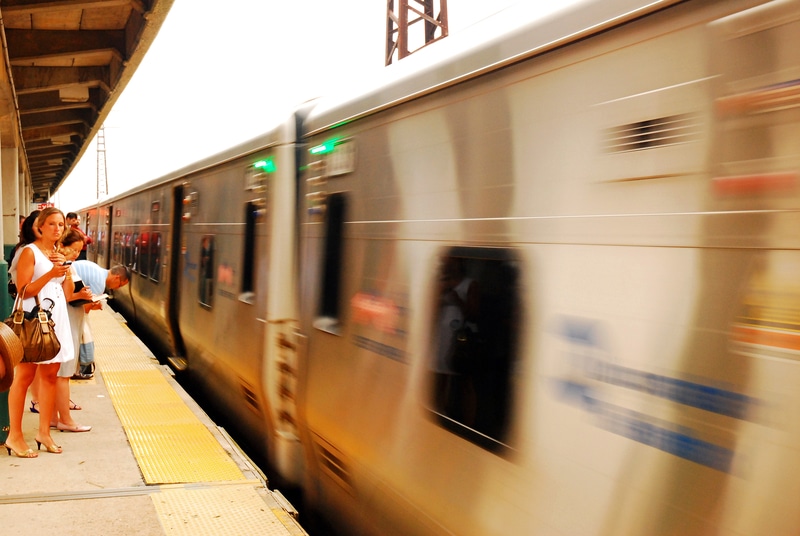
Article Highlights
UK-based SaaS transit ticketing provider Masabi is seeking to expand its platform play beyond mobile ticketing and also beyond small to mid-tier transit agencies and operators.
Table: Major SaaS ticketing providers–notable clients, pricing, third-party app partnerships.
UK-based software-as-a-service ticketing provider Masabi said it is targeting large transit agencies in the U.S. and beyond, seeking to sell the agencies on plugging into its SaaS platform rather than building what Masabi contends are expensive and often protracted bespoke fare-collection systems, the vendor told Mobility Payments.
